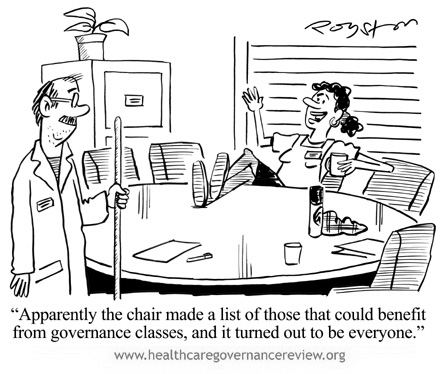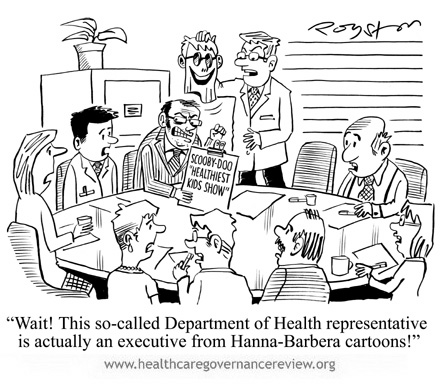This well established and popular part-time postgraduate programme in healthcare governance, run by Loughborough University School of Business and economics, will take its next intake in November 2012.
The programme accepts anyone interested in healthcare governance and with suitable qualifications and/or experience to undertake postgraduate level study. It is not always a necessity to have a first degree.
Students can study for a postgraduate certificate, postgraduate diploma or Master of Science (MSc) degree in healthcare governance. The full MSc degree takes a minimum of 2 years by part-time study and includes modules on corporate governance in healthcare, clinical governance (including patient safety) and managing healthcare risk, together with a dissertation on any healthcare governance related topic.
For further information, click here.




 Posted by healthcaregovernance
Posted by healthcaregovernance 

